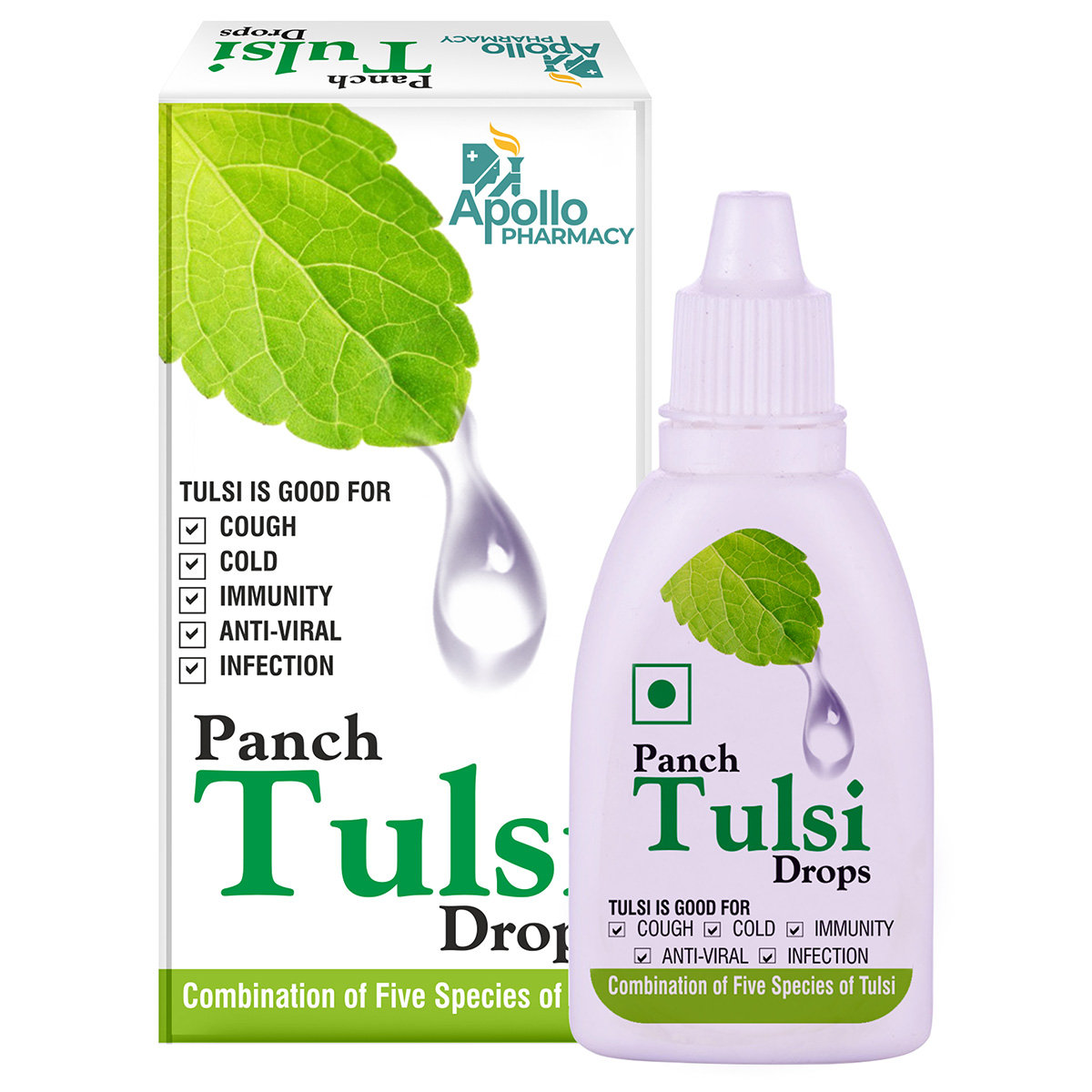Tiate Transhaler 180 mdi
MRP ₹525
(Inclusive of all Taxes)
₹78.8 Cashback (15%)
Extra 15% Off with Bank Offers
Know Your Delivery Time
Provide Delivery Location

Secure Payment

India's Most Trusted Pharmacy

Genuine Products
Composition :
TIOTROPIUM-9MCG
Manufacturer/Marketer :
Lupin Ltd
Consume Type :
NASAL
Return Policy :
Not Returnable
Expires on or after :

Have a query?
All Substitutes & Brand Comparisons
RX
Out of StockAlveotio 9 Inhaler
Precept Pharma
₹99
(₹0.74/ 1MDI)
71% CHEAPERRX
Out of StockCogvgard Inhaler
Aar Ess Remedies Pvt Ltd
₹291.65
(₹2.19/ 1MDI)
16% CHEAPERRX
Out of StockTheehale Inhaler
Druto Laboratories
₹291.65
(₹2.19/ 1MDI)
16% CHEAPER
Country of origin
India
Manufacturer/Marketer address
Lupin Ltd, 3rd floor Kalpataru Inspire, Off. W E Highway, Santacruz (East), Mumbai 400 055. India
Country of Origin: India
Other Info - TIA0004
Disclaimer
While we strive to provide complete, accurate, and expert-reviewed content on our 'Platform', we make no warranties or representations and disclaim all responsibility and liability for the completeness, accuracy, or reliability of the aforementioned content. The content on our platform is for informative purposes only, and may not cover all clinical/non-clinical aspects. Reliance on any information and subsequent action or inaction is solely at the user's risk, and we do not assume any responsibility for the same. The content on the Platform should not be considered or used as a substitute for professional and qualified medical advice. Please consult your doctor for any query pertaining to medicines, tests and/or diseases, as we support, and do not replace the doctor-patient relationship.
Buy Now
Add to Cart










